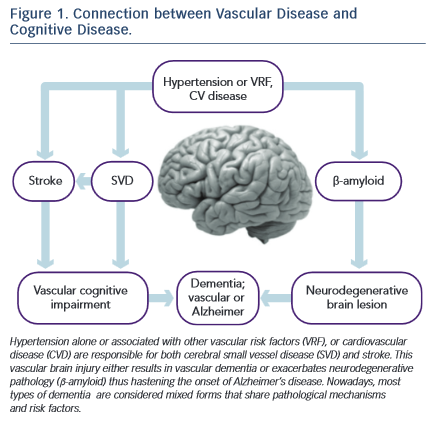

The complexity of the to-be-remembered material appears to be an important factor that influences the memory performance of children with autism. Significant differences remained after covarying for language level and a deficit was present for temporal sequences as well as for syntactic and semantically organized sequences. The memory deficits reported by these various studies do not appear to be the result of language deficits, as groups were matched on language level. Other studies have demonstrated that children with autism encode the meaning of words and can benefit from externally provided cues, but they do not spontaneously use semantic, syntactic, or temporal sequences effectively to facilitate retrieval of information ( Tager-Flusberg, 1991). For example, children with autism remember randomly organized words as well as mentally retarded controls but do not demonstrate the expected benefit of semantic or syntactic organization ( Frith, 1970a, 1970b Fyffe & Prior, 1978 Hermelin & O’Connor, 1970). Children with autism do not use organizational strategies or context to support memory. However, a number of the findings have been replicated across studies indicating that they are characteristic of memory function in this population. This problem is related to the high degree of variability in the autism population, which is the result of developmental differences and differences in cognitive levels among subject groups. Inconsistency of findings has always been problematic in autism research. No agreement has been reached with respect to the role of memory functioning in the syndrome of autism, and the characterization of the status of memory abilities in autism is not adequate. More recent models have proposed that the memory deficits are a reflection of core deficits in executive function ( Bennetto, Pennington, & Rogers, 1996 Russell, Jarrold, & Henry, 1996) or of a basic deficit in the processing of complex information ( Minshew & Goldstein, 2001 Minshew, Goldstein, Muenz, & Payton, 1992 Minshew & Payton, 1988). However, subsequent research refuted the amnesia theory ( Minshew & Goldstein, 1993 Rumsey & Hamburger, 1988). In the 1970s and 1980s, the amnesia theory, one of the first neurobehavioral models of autism, was based on the assumption that memory dysfunction was the underlying basis for the social, language, and behavioral abnormalities in autism ( Boucher & Warrington, 1976). Memory has been characterized as both the cardinal cognitive domain largely responsible for the clinical manifestations of the disorder or as secondary to a more generalized cognitive deficit that transcends memory, such as executive dysfunction. Empirical, clinical and educational implications are presented.The nature of memory function in autism has been under study for decades. The findings support a long-term relationship between prenatal aberrant head growth and auditory verbal STM deficits by the end of the first decade of life. Cognitive competence had a significant effect on all four conditions however, the effect of IUGR on the auditory-oral condition was not overridden by the effect of intelligence quotient (IQ).Ĭonclusions: Intrauterine growth restriction affects global competence and inter-modality processing, as well as distinct auditory input processing related to verbal STM functions. Results: We found IUGR-related specific auditory-oral STM deficits ( p < .036) in conjunction with two double dissociations: an auditory-visuospatial ( p < .014) and an input–output processing distinction ( p < .014). Cognitive competence was evaluated with the short form of the Wechsler Intelligence Scales for Children – revised (WISC-R95 Wechsler, 1998). Their STM skills were evaluated individually at 9 years of age with four conditions of the Visual–Aural Digit Span Test (VADS Koppitz, 1981): auditory–oral, auditory–written, visuospatial–oral and visuospatial–written.

Methods: This long-term, prospective design study examined modality-dependent verbal STM functions in children who were diagnosed at birth with IUGR ( n = 138) and a control group ( n = 64). It is still unknown whether these deficits are modality dependent. Background: Recent reports showed that children born with intrauterine growth restriction (IUGR) are at greater risk of experiencing verbal short-term memory span (STM) deficits that may impede their learning capacities at school.


 0 kommentar(er)
0 kommentar(er)
